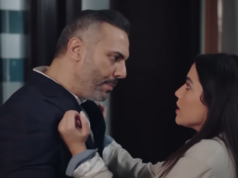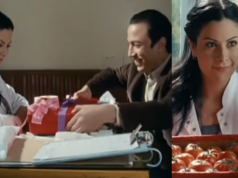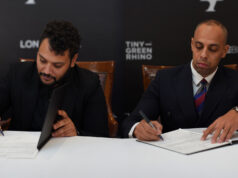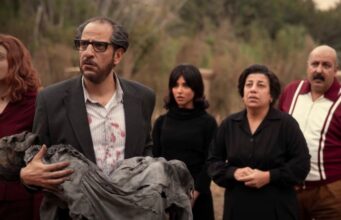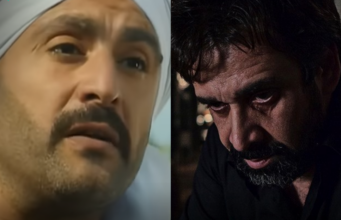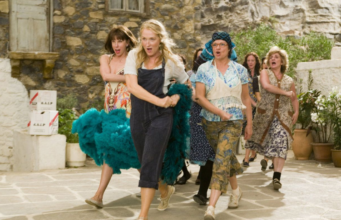We had this specific topic in mind for sometime now. But following the horrifying camera footage surfacing yesterday, we felt its urgency more than ever before.
Approximately 1 in 13 boys and 1 in 4 girls are sexually abused before the age of 18, according to the Centers for Disease Control and Prevention.
One thing you should know though, there is no surefire way to protect your child against such risk altogether. But there are definitely a few ways to minimize the chances. Here are the steps!
Be involved
Not just by being physically there with them, but being there especially when you’re not. Ask them in a casual manner how their day went. Who did they meet? What did they do? Send them a strong message that you’re interested and that it’s OK to share anything with you.
Talk about sex
To a child? Yes. Once your kid reaches the right age to learn about body parts, educate them. Some parents find the “sex ed” talk very embarrassing and hard that they overlook it altogether. It is an essential part of parenting though.
Talk about boundaries (body boundaries)
It’s vital to let your child form a healthy relationship with their body. That no one is allowed to touch it in a way that makes them uncomfortable. Not mommy, daddy or anyone. And whenever that happens, they should SPEAK UP.
Talk about sexual harassment
No, it’s not traumatizing. Not if explained in a certain way. When you teach them about body parts, explicitly name the parts that no one should touch. And how they’re the only ones allowed to do so.
Identify signs of sexual abuse
This step is just as important as all of the above. Sometimes, depending on your child’s personality and the severity of the experience, they may not talk about it. You need to learn to detect those body and behavioral signs on your own.
Always believe your child
The rule of the first words we should all say to any victim also applies to children. “I Believe You”. No matter how wild their imagination normally runs. Now, about 90% of child harassment victims actually know their abuser. It’s not always a stranger.




